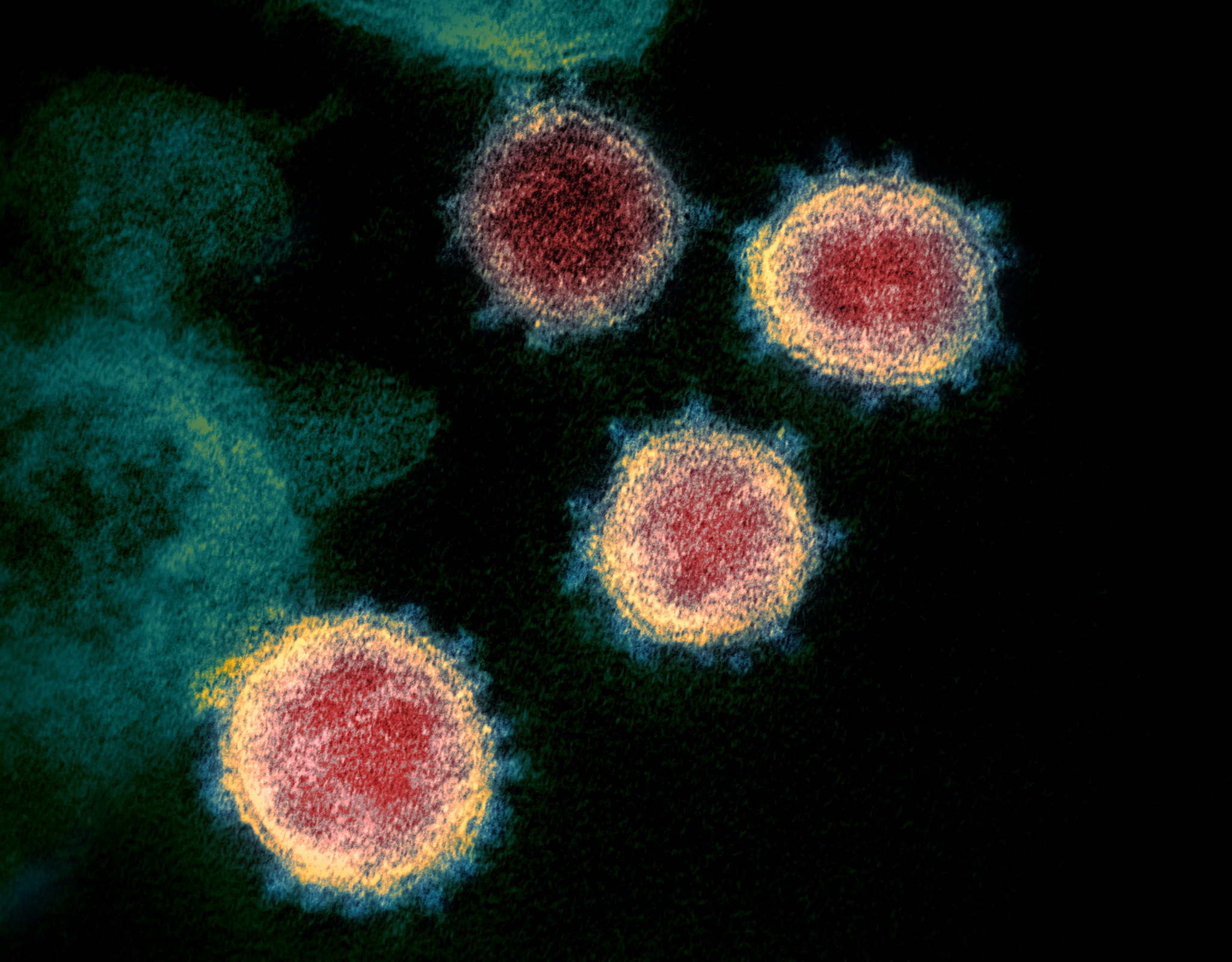Pfizer/BioNTech's COVID-19 vaccine neutralises virus in early study

Pfizer and BioNTech have announced early results from their ongoing phase 1 /2 study of a potential COVID-19 coronavirus vaccine, showing the jab seems to be working in a small sample of patients.
The companies presented data from the most advanced of four vaccine candidates, which are from their mRNA vaccine programme called Project Lightspeed.
The companies will use data from the preliminary trials to select a candidate to develop in a phase 2b/3 safety and efficacy trial, which could involve up to 30,000 people and may begin later this month if regulators give the go-ahead.
Data from BNT162b1 comes from the first part of the study, which included 45 healthy adults aged 18 to 55.
Preliminary data came from 24 people who received two lower-dose injections, 12 who received a higher dose, and nine who received two doses of placebo control.
At day 28, all those on the lower dose had significantly elevated numbers of antibodies capable of binding with the coronavirus,
A separate test conducted on day 28 showed antibodies from the low dose group were able to neutralise the SARS-CoV-2 virus.
Each vaccine has a unique combination of mRNA format and target antigen, and BNT162b1 contains an optimised SARS-CoV-2 receptor binding domain antigen.
The companies said that local reactions and systemic events in the low dose group were “mild to moderate” and transient with no serious adverse events reported.
The 12 people who received the higher dose had elevated levels of binding antibodies but levels of neutralising antibodies were lower than those in a control serum sample.
Ugur Sahin, CEO and co-founder of BioNTech, said: “These preliminary data are encouraging in that they provide an initial signal that BNT162b1 targeting the RBD SARS-CoV-2 is able to produce neutralising antibody responses in humans at or above the levels observed in convalescent sera – and that it does so at relatively low dose levels. We look forward to providing further data updates on BNT162b1.”
There are now at least 17 potential COVID-19 vaccines in clinical development, with the most advanced in phase 3 development by the University of Oxford and AstraZeneca.
Feature image courtesy of Rocky Mountain Laboratories/NIH













